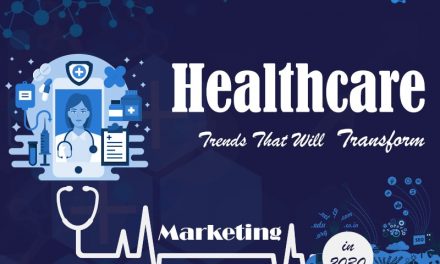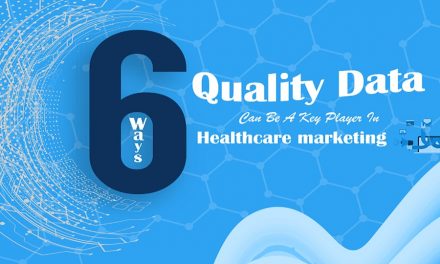“Start reporting business outcomes in healthcare through data analytics”
The healthcare industry today is loaded with tons of information. Therefore, the big question in front of healthcare professionals is how to crunch the data without altering the meaning and how to store the numbers without changing them. As a solution for this challenge the concept of data analytics evolved and application of this began in data storage.
Data Analytics
Is a tool or methodology to convert raw data into meaningful data which enables healthcare organizations to be strategic, have effective and insightful decision-making and set their future targets.
The raw data comes from various online health communities, various care settings, sophisticated medical instruments and so on. Healthcare and hospitals struggle to manage this data for effective decision making. At this juncture data analytics comes handy to them. New ways and means of analytics are used to drive clinical and operational improvements to meet business challenges. Data Analytics helps in healthcare industry to unlock ways where predictive analytics will enable organizations to see better future prospects, create better healthcare solutions and enable organizations to access fraud detection and predict patient behavior.
Key benefits of Data analytics in Decision making
1.Enterprise data warehousing (EDW):
EDW is significant for assembling data from different sources and further ransacking and streamlining this data to transmit useful information that will help enable clinical integration, preventive care, evidence-based disease management and effective participation in Virtual Business Component initiatives.
2.Patient care which is advanced:
A successful database program will offer real-time data insights to administrators and healthcare professionals to fill in gaps between existing service offerings. It has its advantage in cost savings for chronic disease population.
3.Overcoming repayment-based challenges:
This can help in various ways:
Underpayment issues: Underpayments can lead to inefficient claims auditing as well as higher billing and contract administration costs. By effectively using data analytics, health providers can ensure payment accuracy and efficiency with full reimbursements.
- Data-driven approach: A strategic and comprehensive data-driven approach helps increasing efficiency.
- Transparency in pricing: As transparency is must, providers must strive to maintain a balance in cost and value while not compromising on quality provided.
4.Positive ROI:
By bringing together data from various background such as clinical, financial and operation, it will improve efficiency and patient care. This requires a well-oiled delivery system and better care management integrated with well-managed partners.
Advantages of using data analytics for hospitals
Data analytics can benefit healthcare industry in following ways:
- For best care and coordination.
- For improvised patient wellness.
- Helps in detection in data duplication
- Data analytics is used to help cut down on administrative costs.
- Use analytics for clinical decision making.
- Cut down on abuse and fraud.
Disadvantages in Analytics Adoption
Current trends show that data analytics has lot of growth potential but there are some factors that inhibit its growth.
- Lack of enterprise collaboration
- Lack of EMR
- There are no skilled professionals
- Big costs for mid-sized companies to implement data analytics tools
- Other technology challenges
Conclusion
Using data analytics in healthcare can help get better insights by adding value and achieving better outcomes for healthcare settings, such as new treatments and technologies. From managing minute details to large processes, analytics can aid exploration of new avenues of growth and development; help designing and planning policy and programs; improve service delivery and operations; enhance sustainability; mitigate risk; and provide ways and means for measuring and evaluating critical organizational data. It can expand access to healthcare, align pay with performance and help to cut down on increase in healthcare costs.




